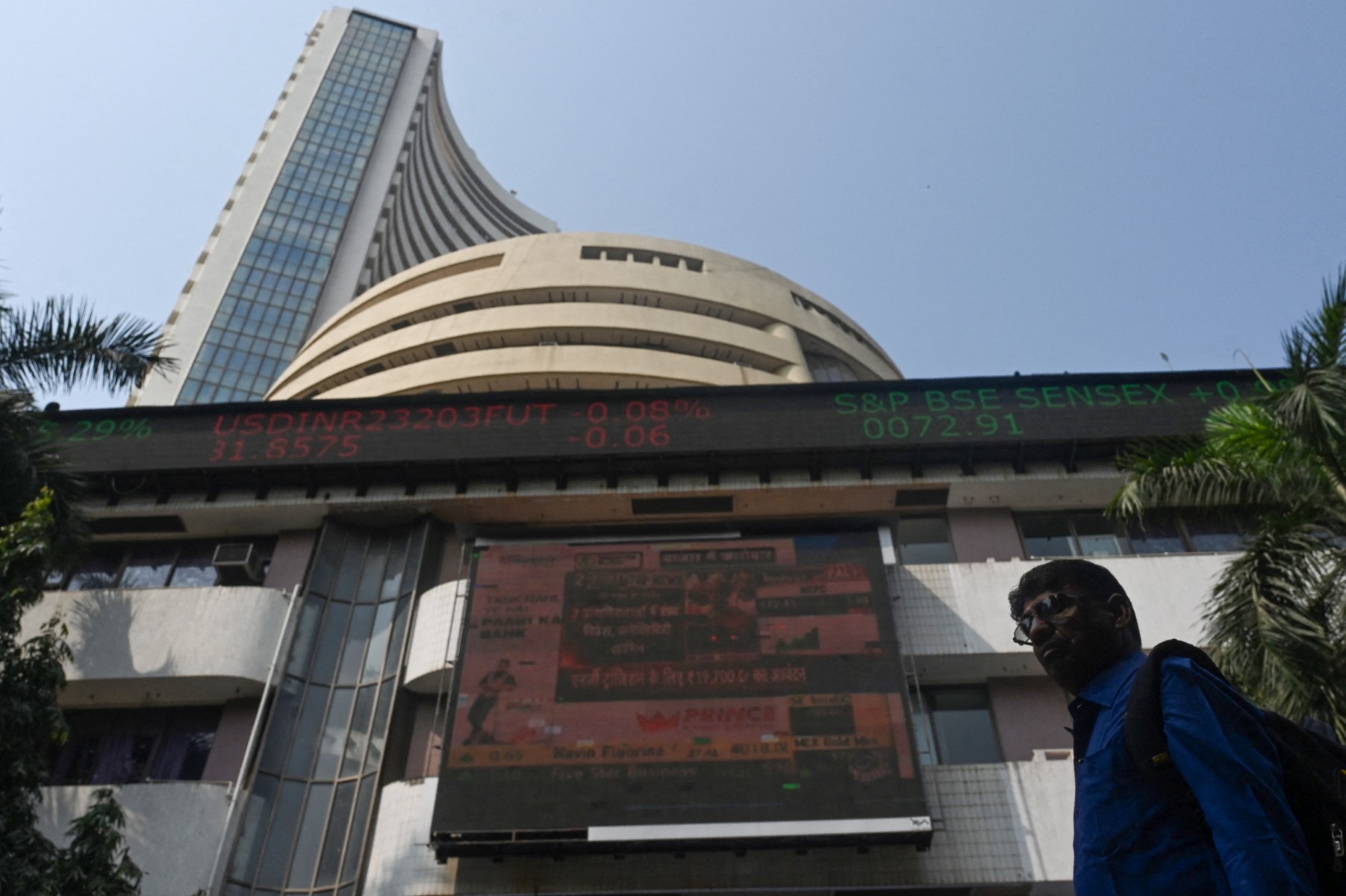New Delhi, UAE–India’s stock market has edged out Hong Kong to become the world’s fourth-largest, a milestone that underscores growing global investor optimism about New Delhi’s economic prospects, Bloomberg said Tuesday.
The total value of shares listed on Indian exchanges hit $4.3 trillion on Monday, slightly higher than Hong Kong’s $4.29 trillion, according to data compiled by Bloomberg.
The shift in the global pecking order reflects the standout market year that India has had in 2023, as higher retail investor participation, strong economic growth and increased liquidity boosted the combined value of shares listed on Indian exchanges.
The Indian stock rally comes as Hong Kong’s market grappled with its fourth consecutive year of losses, with money managers moving billions out over worries of China’s economic downturn.
In the last two years, there has also been increasing political pressure on US investors to cut their exposure to Chinese companies.
India’s Nifty 50 index jumped 20 percent in 2023, its eighth straight year of gains.
On the other hand, Hong Kong’s benchmark Hang Seng index, which includes shares of many influential Chinese companies, ended last year 14 percent lower.
“We think India is among the most attractive long-term opportunities… India offers meaningful pro-growth policy support, unique demographic tailwinds, [and] superior economic and earnings growth potential,” Rashmi Gupta, portfolio manager at JP Morgan Private Bank, said in a recent note.








